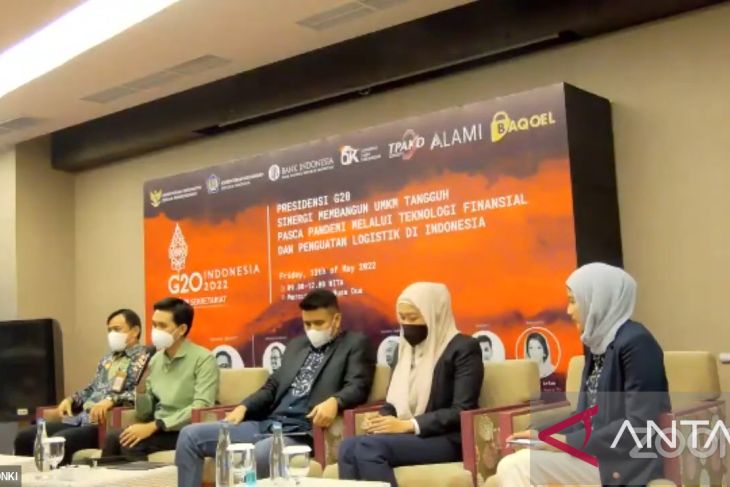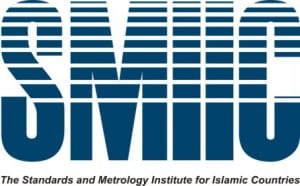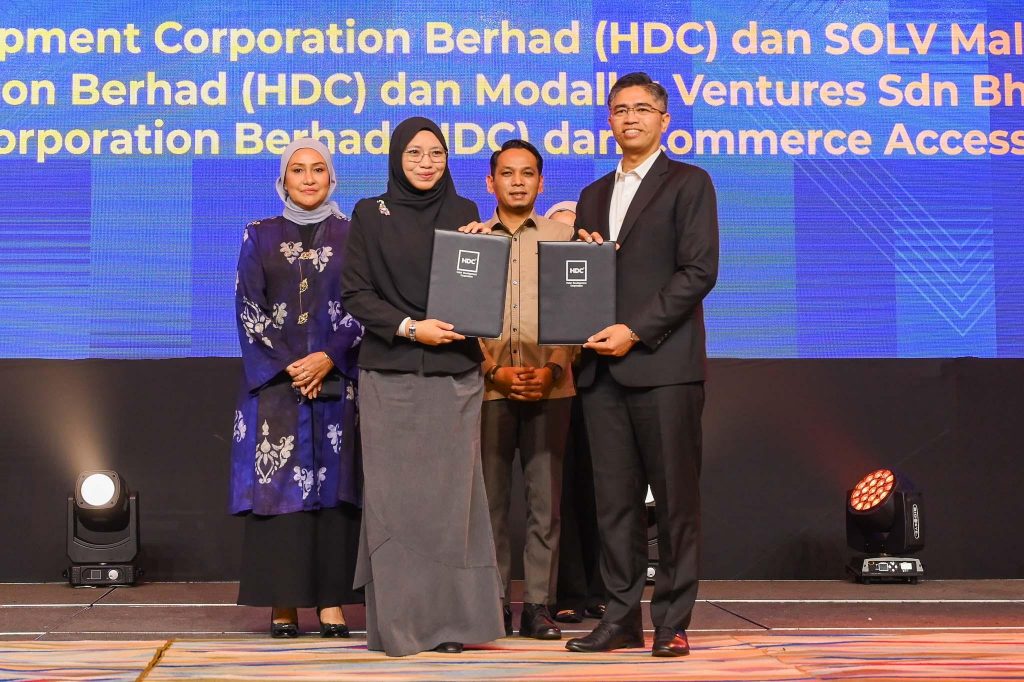By Yantoultra Ngui, Wall Street Journal
An upsurge of new e-commerce firms are jostling to capitalize on the growing numbers of middle class Muslims who are now spending more than $100 billion a year shopping online.

From travel to fashion, many of the world’s 1.6 billion Muslims want more choices as their incomes grow, but also need to be sure that what they buy is halal, or religiously permissible according to Islamic guidelines.
Enter start-ups such as Malaysia-based Zilzar. The company, which launched in late 2014, says that Amazon.com and other shopping sites have left this market mostly untouched. Zilzar believes it can attract more Muslims to its site as it works with various agencies to select and have only those halal certified merchants and products listed on their online store. To non-Muslims it isn’t necessarily clear what’s halal and what’s not. Typically it’s known that pork and alcohol consumption are prohibited in Islam. But it can also include cosmetics and vitamin supplements, which can contain both animal gelatin and alcohol.
“It is our hope and belief that Zilzar and our colleagues will do for the halal industry market what Alibaba did for China,” Rushdi Siddiqui, Zilzar’s co-founder and chief executive officer said. The company already lists some 2,800 different halal suppliers on its site, more than Alibaba, and they are certified as being compliant with Islamic practice.
Other companies are entering the race, too, from Malaysia’s Aladdin Street, which was founded eight months ago, to Singapore’s Souk, which started operations in late 2014.
The idea behind the e-halal sites is that they negotiate these difficult inspections by hiring halal experts and setting up compliance committees to filter and make sure all the vendors and products listed on their websites meet Islamic standards. Selling online also “tends to offer more opportunities for sellers,” said Sebastien Lamy, a partner at consulting company Bain & Co.
For the market leader, the prize could be the largest slice of Muslims’ online spending market, which Dubai-based DinarStandard and Thomson Reuters forecast to reach $252 billion by 2020.
The challenge, though, is how to get halal certification universally recognized. It won’t be easy. Zilzar’s Mr. Rushdi says there are 114 different certification bodies worldwide, each with a slightly different way of defining what’s halal.
“It is already challenging to unify halal standards with various distribution and methods already existing,” Emil Fazira Kamari, Singapore-based senior analyst at Euromonitor International, said. “Adding more channels and sources will further complicate the supply chain.”
Some of the new players in the market are responding by launching in as many individual markets as possible. Malaysia’s Aladdin Street, for instance, is now working with halal accreditation agencies in 30 countries to screen its suppliers as halal-compliant.
Others are targeting niche markets. Turkey’s Modanisa focus on selling hijab and Muslim women dresses from designers and brands. Others such as Dubai-based Irhal provide travel information and list of places to visit and hotels to stay for Muslims.
Either way, demand appears set to grow. Nurulain Abdul Gani, a 27-year-old quality control officer at a Malaysian food company, says buying from halal sites gives her more confidence. “We don’t have to worry too much when buying halal things from other countries, like cosmetics and food,” she said.



